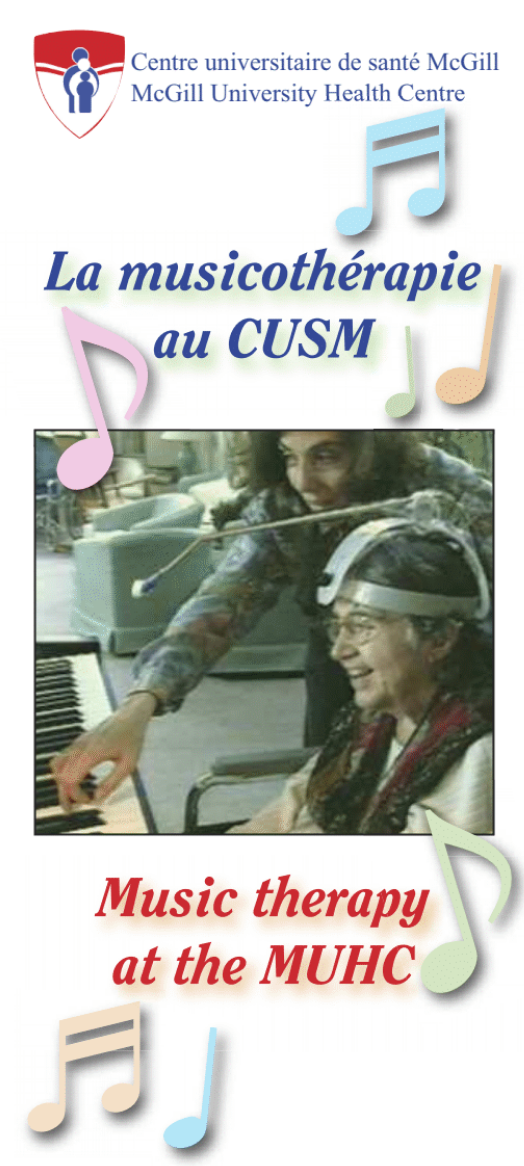What is Music Therapy?
Music therapy is a discipline in which credentialed professionals (MTA) use music purposefully within therapeutic relationships to support development, health, and well-being. Music therapists use music safely and ethically to address human needs within cognitive, communicative, emotional, musical, physical, social, and spiritual domains.
 Certified MTAs use music to address human needs within cognitive, communicative, emotional, musical, physical, social, and spiritual domains. They conduct client assessments, develop treatment plans, implement therapy processes, and evaluate progress. This scope of practice includes a range of procedures, actions, processes, roles, and responsibilities that a certified MTA can safely and effectively perform.
Certified MTAs use music to address human needs within cognitive, communicative, emotional, musical, physical, social, and spiritual domains. They conduct client assessments, develop treatment plans, implement therapy processes, and evaluate progress. This scope of practice includes a range of procedures, actions, processes, roles, and responsibilities that a certified MTA can safely and effectively perform.
Music therapists use various active and receptive intervention techniques according to the needs and preferences of the individuals with whom they work. These techniques include, but are not limited to the following: singing, playing instruments, rhythmic based activities, improvising, composing, songwriting, imagery-based experiences, music listening. Clients do not need to have a music background to benefit from music therapy
Canadian Association of Music Therapists
June 2016
- Music Therapy is the clinical and evidence-based use of music interventions to accomplish individualized goals within a therapeutic relationship by a credentialed professional who has completed an approved music therapy program.
- Music therapy is a special type of therapy where forms of musical interaction and communication are used alongside verbal communication.
- Because music therapy is a powerful and non-invasive medium, unique outcomes are possible. In addition to its applications in mental health, music therapy is used successfully in a variety of additional healthcare and educational settings.
(Gold et al, 2009) (Bruscia, 1998)
What Can One Expect From a Music Therapist?
Music therapists work with the interdisciplinary team to assess emotional well-being, physical health, social functioning, communication abilities, and cognitive skills through musical responses. When individualized music experiences are designed by the music therapist to fit functional abilities and needs, responses may be immediate and clear.Music therapy intervention provides opportunities to:
- Explore personal feelings and therapeutic issues such as self-esteem or personal insight
- Make positive changes in mood and emotional states
- Have a sense of control over life through successful experiences
- Enhance awareness of self and environment
- Express oneself both verbally and non-verbally
- Develop coping and relaxation skills
- Support healthy feelings and thoughts
- Improve reality testing and problem solving skills
- Interact socially with others
- Develop independence and decision making skills
- Improve concentration and attention span
- Adopt positive forms of behavior
- Resolve conflicts leading to stronger family and peer relationships
What Music Therapy is NOT
- Treatments relying solely on the direct effects of music alone, which do not involve or depend upon a process of intervention and change within a client-therapist relationship are not music therapy.
- The term “music medicine” is sometimes used to distinguish such treatments from music therapy.
